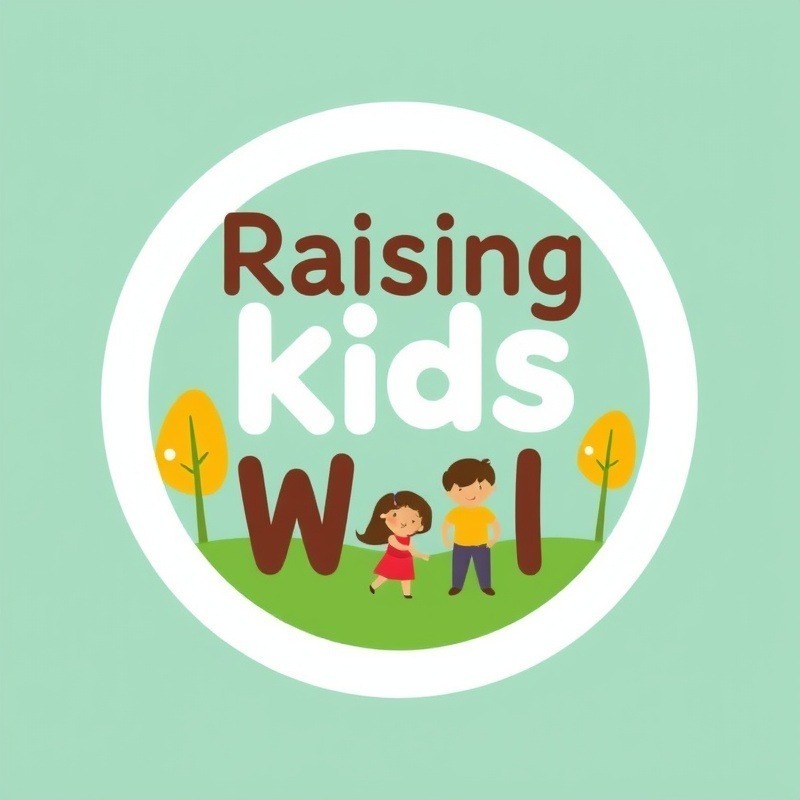
Understanding Emotions: A Vital Skill for Kids
In today’s fast-paced world, understanding emotions has become crucial for children's development. Emotions play a significant role in a child's social interactions, academic success, and personal growth. By engaging in activities that promote emotional awareness, parents can equip their children with the skills they need to navigate their feelings effectively, fostering healthier relationships and improved self-esteem.
Social-Emotional Learning (SEL): Building Blocks for Success
Social-Emotional Learning (SEL) is an educational framework that helps children develop emotional intelligence, self-awareness, and interpersonal skills necessary for life. According to experts, SEL activities are effective in teaching kids how to understand and manage their emotions, ensuring they are prepared for the complexities of adulthood. This, in turn, not only supports their personal lives but also enhances academic performance and prepares them for the workplace.
Creative Activities to Explore Feelings
Here are several engaging activities that parents can implement to boost their child's emotional literacy:
- Feelings Check-In: This activity prompts children to reflect on their current emotions, allowing them to articulate their feelings, leading to improved emotional vocabulary.
- Emotion Charades: Kids act out various emotions while others guess what they are, helping them recognize and label feelings, thereby increasing their emotional understanding.
- Gratitude Journals: Encourage your child to list things they are thankful for each day to foster a positive mindset, which can help them manage negative emotions more effectively.
- Coping Skills Exploration: Engage your child in exploring different coping skills, such as deep breathing or creating art, to manage overwhelming feelings.
- Compliment Circles: Children take turns giving and receiving compliments, which can enhance their self-esteem and foster positive relationships with peers.
The Role of Parents in SEL
Parents play a pivotal role in their children's social-emotional development. By modeling healthy emotional expression and active listening, parents can create a safe space for children to discuss their feelings openly. Moreover, introducing SEL concepts at home helps children develop self-advocacy skills, enabling them to articulate their needs and feelings confidently.
Incorporating Technology: Resources for Parents
In the age of digital learning, several resources can supplement your child's emotional education. Apps designed for SEL can guide children through mindfulness exercises, coping strategies, and emotional check-ins. Utilizing these resources can not only make learning about emotions fun but also ensure that children have access to these lessons anytime they need them.
Actionable Steps for Emotional Growth
Ultimately, the key to successful emotional education lies in consistent practice. Parents can implement daily routines that include emotional check-ins, reflective journaling, and social skill-building exercises. Engaging in these activities regularly can lead to significant long-term benefits.
Conclusion: Why It Matters
Using techniques to teach emotional awareness in children is not just beneficial—it is essential for their future success. As parents, establishing strong emotional foundations today will empower children to face tomorrow's challenges with resilience and confidence. Whether through worksheets, discussions, or creative activities, every effort counts in fostering a well-rounded individual.
Take Action: For further resources on emotional learning activities, check out our collection of tools designed specifically for parents looking to enhance their child's emotional intelligence.
 Add Row
Add Row  Add
Add 



Write A Comment